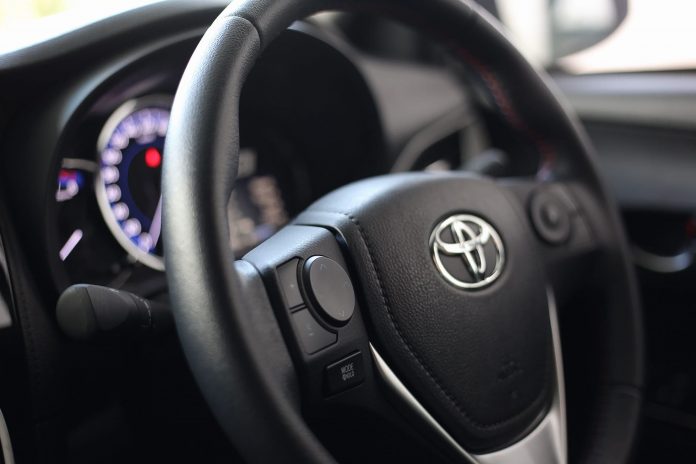InfluenceMap’s latest annual report on climate lobbying in the automotive industry reveals Toyota’s position as the automaker with the lowest climate lobbying score and the third-worst 2030 EV production plans. This ranking underscores Toyota’s persistent struggle to align with climate policy goals.
The report consistently places Toyota at the bottom of InfluenceMap’s climate policy engagement rankings, reflecting the company’s ongoing challenges in climate advocacy. InfluenceMap’s assessments encompass automakers’ EV strategies and their efforts to influence government policies concerning pollution control.


A significant portion of this lobbying originates from automakers and their affiliations with industry trade associations, which pool resources to enhance lobbying effectiveness. InfluenceMap evaluates these trade associations’ actions globally, considering factors like membership, lobbying stances, and future manufacturing plans.
While leading the rankings, Tesla received a “B” score due to its lower engagement intensity despite supporting favorable climate policies. Other automakers like Ford, GM, VW, and Mercedes earned recognition for occasional positive initiatives. However, most automakers fell short, receiving grades below passing, highlighting the industry-wide challenge in climate advocacy.
Japanese automakers, including Toyota, consistently rank poorly in these assessments, reflecting the slower pace of electrification in the Japanese EV industry. Although Nissan stands out among Japanese automakers, it also falls short of passing grades.
Regarding EV production plans, only a few automakers are on track to meet the International Energy Agency’s 2030 target of 66% EVs, which is crucial for limiting climate change. While not ranking last in this aspect, Toyota faces criticism for its negative climate lobbying, reinforcing its position as the worst-ranked automaker on climate issues in InfluenceMap’s report, a title it has held for several years.





